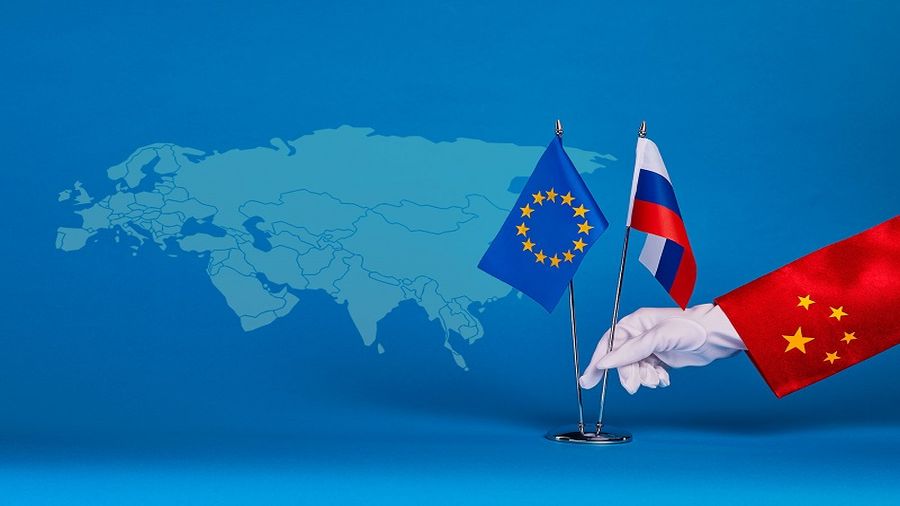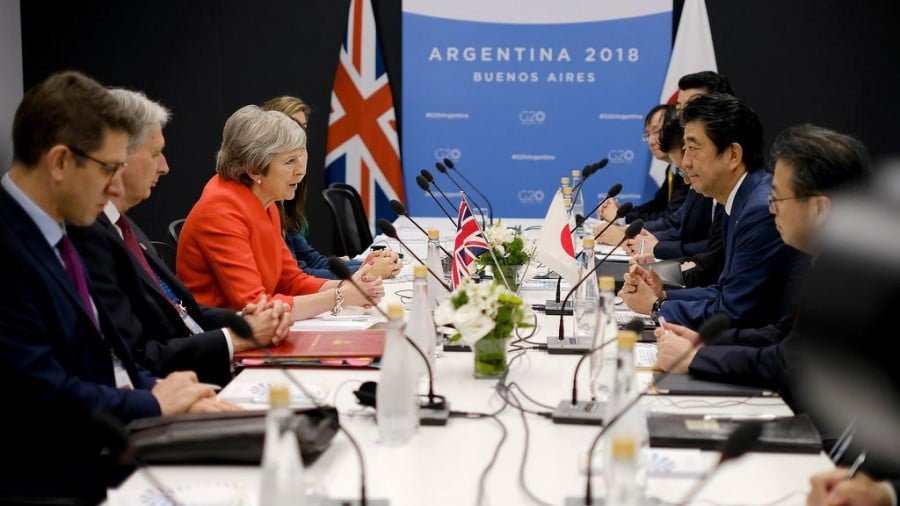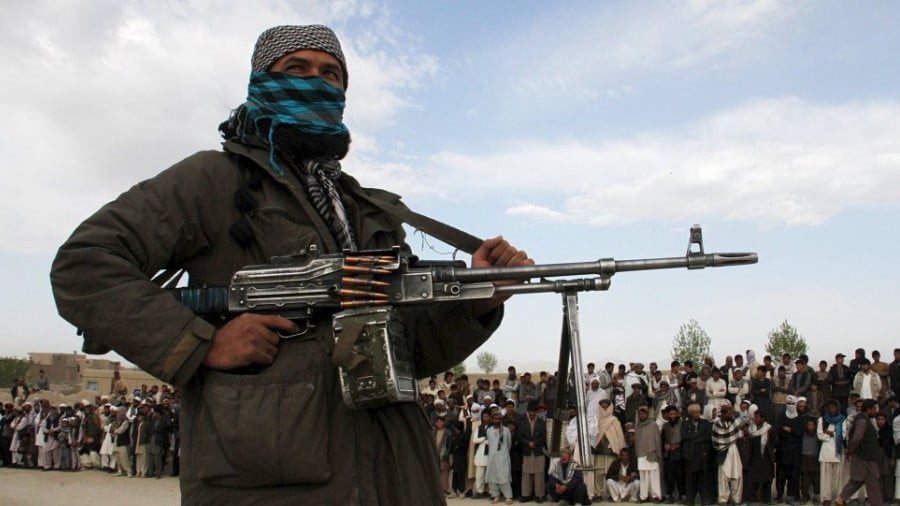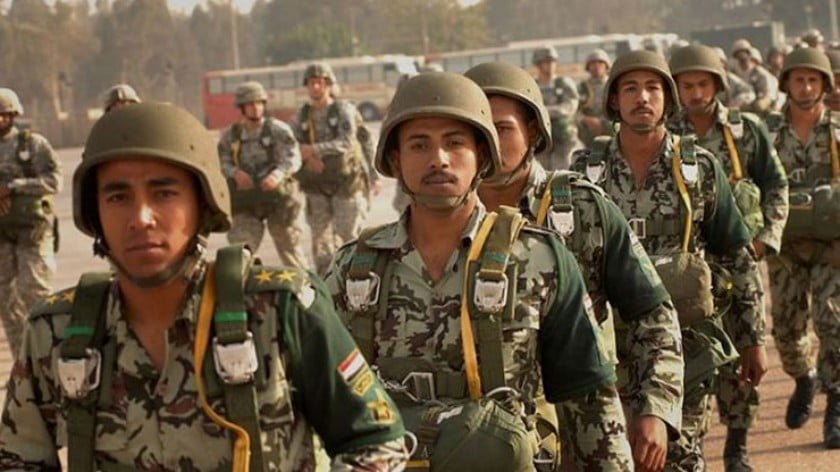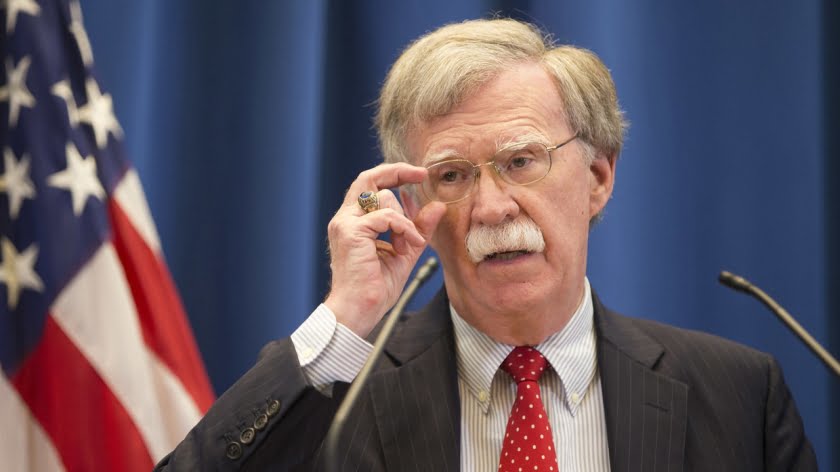Chinese Peace Negotiations in Eurasia are Gaining Ground
A methodical, deliberate approach has been a hallmark of Chinese diplomacy for a millennia, and the outcomes of its actions are calculated over a considerable amount of time.
In recent years, China has generally been assessed by experts as a country that has achieved breakthrough technological and economic development, the initiator of the global One Belt One Road Initiative with the formation of new alternative land communications for the mega-transit of Chinese goods to foreign markets, where the countries of Eurasia represent the key destination.
Nonetheless, China has mainly restricted itself to its territorial interests in geopolitics, such as the reunification of Hong Kong and Taiwan. China’s strong geopolitical potential and intense diplomacy are, however, attested to by the economic expansion of Chinese commodities and lucrative large-scale investments in countries including Central Asia, the Middle East, Africa, and Southeast Europe.
The flow of Chinese investment is also frequently directed towards nations that pose a danger to China’s interests in maintaining its territorial integrity. Beijing, for instance, creates the environment to contain the ambitious intentions of advocates of pan-Turanism who aim at promoting the PRC’s Xinjiang Uygur Autonomous Region’s secession; the PRC achieves this goal by forging an active trading and economic partnership and investing, for instance, in Turkey.
China’s diplomacy always takes a broad view of the subject of partnership (including geography, history, culture, politics, economics and resources). In this context, the nature of the emerging strategic partnership between China and Iran is of particular interest. Beijing and Tehran signed a $400 billion deal in March 2021. The Chinese government has also committed to investing this amount in Iran over a 25-year period in exchange for a steady supply of oil at a reduced price. In fact, the total amount of these investments, spread over a quarter-century, is comparable to Iran’s GDP in 2021.
And thereby, China has demonstrated to the rest of the world (primarily the United States and the West) that, first, it is committed to long-term rapprochement with Islamic Iran, which is subject to sanctions, and second, China’s large-scale investments can stimulate the Iranian economy’s breakthrough growth (especially in infrastructure and technological development, energy and transit communications). Naturally, the United States, Israel’s main strategic ally and the author of the anti-Iran sanctions, immediately began putting pressure on China’s largest company, Huawei, to scuttle the deal with Iran or reduce investment. However, the current dynamics of tense Sino-American relations over Taiwan and ties with Russia do not bode well for the United States and Israel to disrupt the investment agreement between Beijing and Tehran.
A compelling argument for the success of Chinese diplomacy in the Middle East, and particularly in Iran, is that it was the Chinese who signed an agreement in March 2023 to restore diplomatic relations between the Islamic Republic of Iran and the Kingdom of Saudi Arabia, which were severed on January 3, 2016 following the execution of prominent Shia cleric Sheikh Al-Nimr.
The agreement to restore relations between Iran and Saudi Arabia, signed by the Secretaries of the two countries’ National Security Councils (Rear Admiral Ali Shamkhani and Musaad bin Mohammad Al Aiban) with the participation of Wang Yi, head of the CPC’s Office of the Foreign Affairs Commission, is a significant breakthrough in regional and global policy issues. Beijing was able to persuade Tehran to end its military support for the Houthis in Yemen against Saudi Arabia.
As it is known, Iran and Saudi Arabia are key centers of power in the Middle East, as well as leaders of the Shiite and Sunni Islamic worlds; the restoration of interstate relations between them, as well as a promising partnership involving China, significantly limits the United States’ ability to monopolize the regional agenda.
Given Saudi Arabia’s leadership role in the Arab world, it is highly unlikely that the Arab monarchies of the Persian Gulf will support Israel’s, the United States’, and Britain’s plans to launch a military operation against Iran. As a matter of fact, Tehran dashes Israel’s and the NATO coalition’s, including Turkey’s, hopes for a northern strike against Iran from the position of Azerbaijan, as there could be military, technical, and diplomatic support from China, India, and Russia behind Iran, with the Middle East remaining neutral. Furthermore, the Maritime Security Belt 2023 exercise of the navies of China, Iran, and Russia, held in the waters of the Gulf of Oman from March 15 to 19, 2023, revealed new security outlines in such an important region of the world.
The Celestial Empire’s ability to convert its economic influence in the region into political influence is demonstrated by China’s successful mediation in the Middle East. Riyadh has solemnly hosted Chinese President Xi Jinping, hoping to gain new roles in world politics through Beijing, as China is equally active in cooperating with countries in the West and the East.
China launched an ambitious new peace agenda and proposed a plan for negotiations between Russia and Ukraine on the anniversary of the ongoing conflict in Ukraine in February 2023. The cessation of hostilities and the resumption of peace talks for a political settlement of the current problems and contradictions between Moscow and Kiev, a 12-point plan – this is another Chinese initiative. Chinese President Xi Jinping’s official visit to Moscow in March of this year, as well as his discussions with Russian President Vladimir V. Putin, demonstrated that the Russian side generally supports the Chinese initiative.
Turkey, which has been an active mediator between the conflicting parties since the arrival of the Russian Armed Forces in Ukraine and has repeatedly proposed peace talks centered in Istanbul instead of a “war of attrition to the last Ukrainian,” supported the PRC peace initiative through presidential spokesperson Ibrahim Kalin. Ankara’s position was apparently made public following a phone call between Erdoğan and Putin on March 27 of this year.
Unlike China, no country (including Turkey) has so far offered Russia and Ukraine a specific plan for peace talks, including principles and approaches, both in relations of conflicting parties and on a global scale (in particular, excluding unilateral sanctions against Russia, a throwback to the Cold War era and bloc confrontation). While expressing support for the Chinese negotiating strategy, Ibrahim Kalin also proposed a fundamental condition related to convincing Kiev of the importance of accepting Beijing’s proposals. In other words, Turkey makes it clear to China that Moscow’s agreement is only half the battle; convincing Kiev, which is controlled by the USA and Britain, is much more difficult. In turn, the Turkish official criticized the US’s harsh anti-Russian stance, which leaves Russia with no choice but to form a global alliance with China.
Some experts believe that Kiev will not hurry to agree to Beijing’s proposal to stop the hostilities and begin peace talks, because, first, it is not sure that through negotiations it will change the realities on the ground by March 2023, and second, it hopes for a turning point on the front during a possible counteroffensive in spring-summer of this year.
However China is unlikely to tolerate another attempt by the Kiev regime to disrupt the peace initiatives of a global player, whose investments may determine the fate of reconstruction work in Ukraine in the post-war period, or whose weapon deliveries may determine the outcome of the conflict and the future of the Ukrainian state.
In assessing the results of Xi Jinping’s recent visit to Moscow, many experts focused on the phrase the Chinese leader used to say goodbye to Russian President Vladimir Putin: “Change is coming that hasn’t happened in 100 years. And we are driving this change together.” Kiev should also take the Chinese leader’s advice on the systemic changes of the twenty-first century.
Meanwhile, fighting for Artyomovsk (Bakhmut) and Avdeevka continues…

